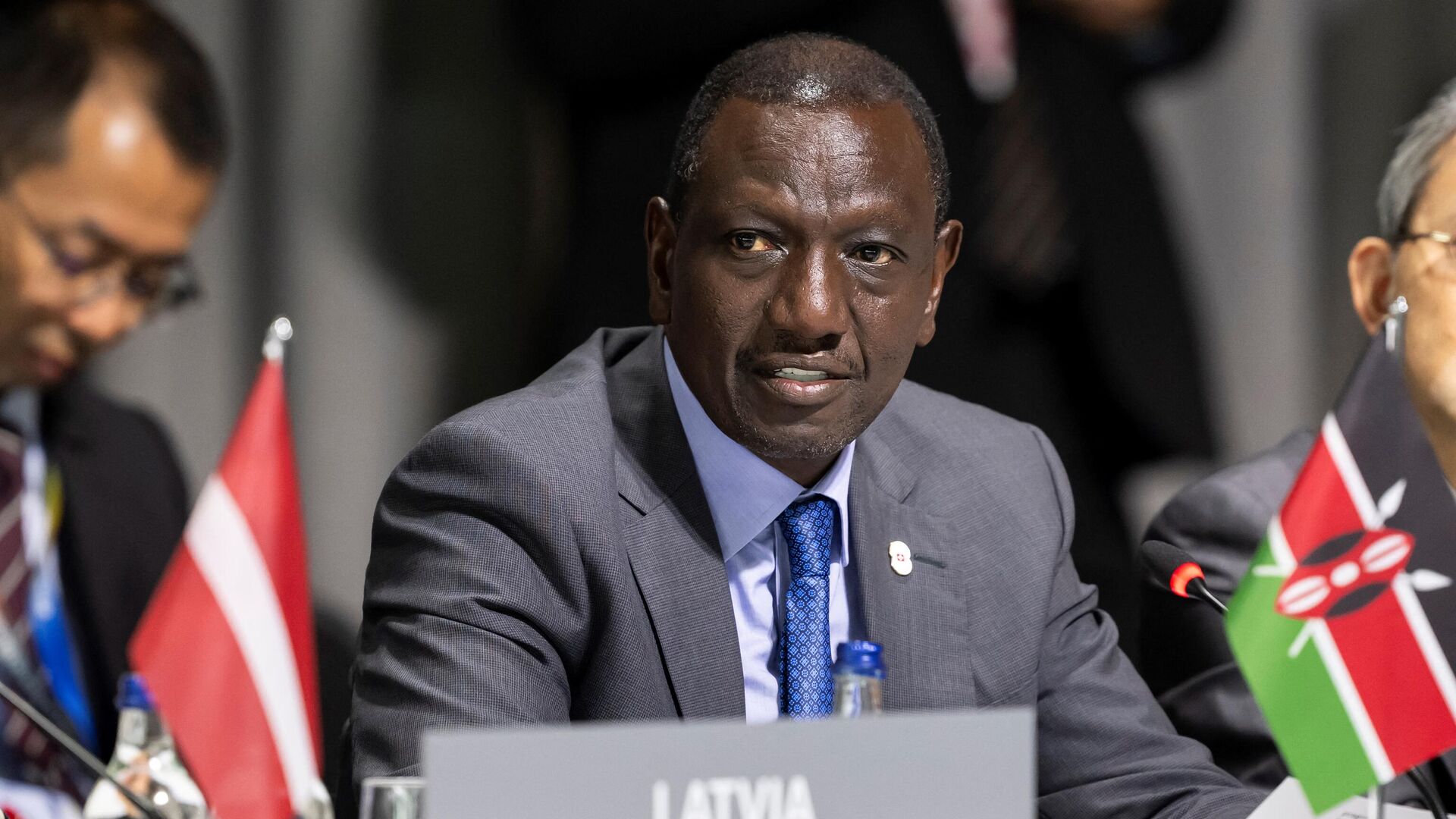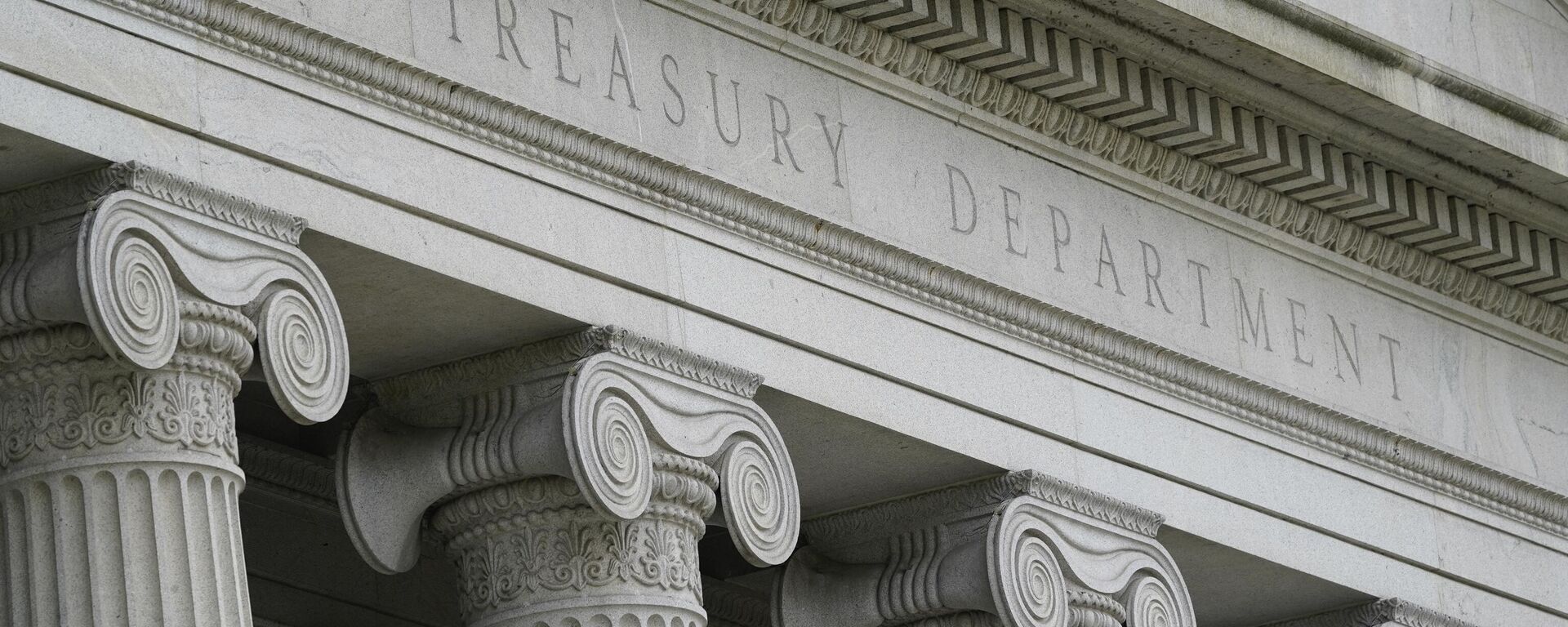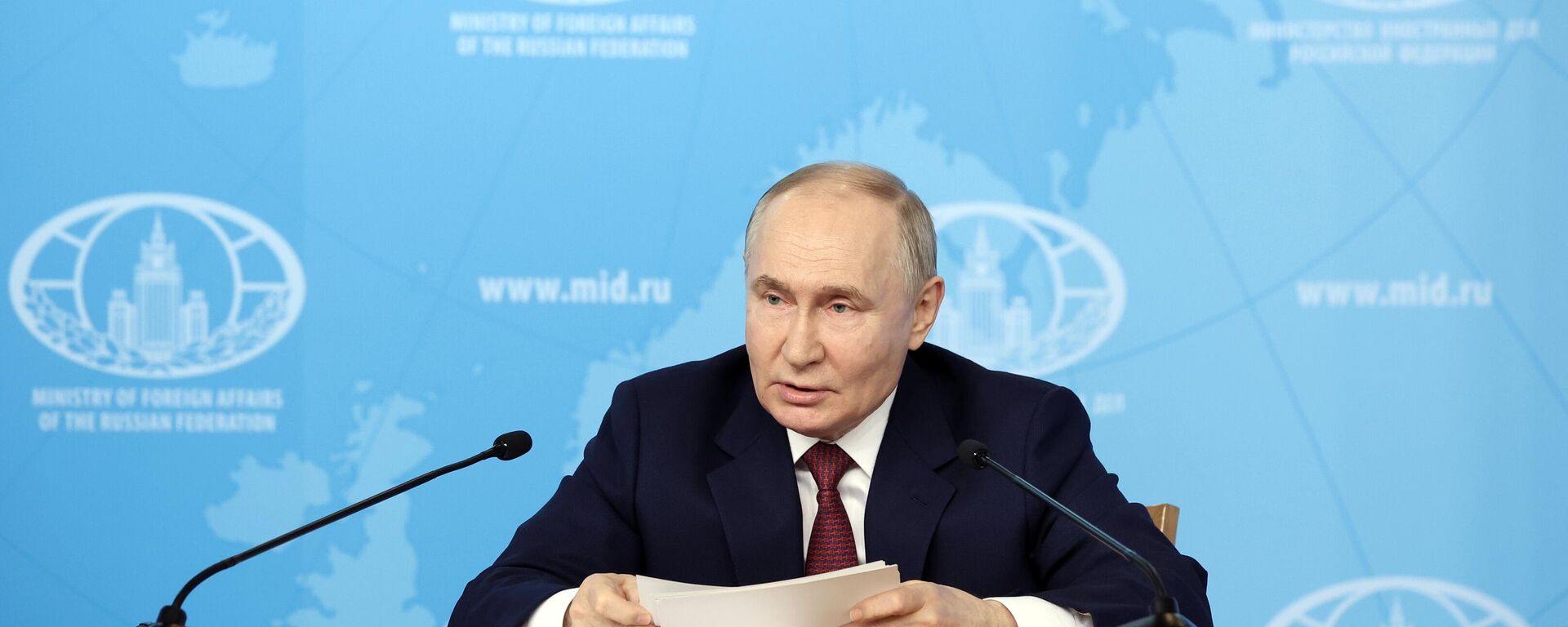Appropriation of Russian Assets is Illegal and Contrary to UN Charter, Kenya’s President Ruto Says
15:10 17.06.2024 (Updated: 15:19 17.06.2024)

© AFP 2024 URS FLUEELER
Subscribe
Switzerland hosted a high-level conference on Ukraine at the Buergenstock resort outside of Lucerne from June 15-16. Russia did not receive an invitation to the summit and would not have attended it, Vladimir Khokhlov, the spokesman for the Russian Embassy in Bern, told Sputnik in April.
Kenyan President William Ruto, during a speech at the conference on Ukraine in Switzerland, declared the illegality of the appropriation of Russian assets by Western countries.
“The unilateral appropriation of Russian assets is [...] unlawful, unacceptable, and a derogation from the UN Charter, especially for those who believe in freedom, justice, democracy, and the rule of law,” he said.
The Kenyan president also called for peace, adding that Kenyan farmers have felt the impact of the conflict in Ukraine due to rising prices for fertilizers and delays in their deliveries.
“It's time for parties to the war in Ukraine to demonstrate good faith, abandon intransigent attitudes, and soften their positions,” the Kenyan leader emphasized.
He added that “Russia must be on the [negotiating] table” if there is a question of a peaceful settlement.
In a communique adopted by the G7 leaders at the last week's summit in Italy, it was stated that "with a view to supporting Ukraine's current and future needs in the face of a prolonged defense against Russia," the group will launch a program titled "Extraordinary Revenue Acceleration Loans for Ukraine," under which Kiev will be provided with additional funding totaling approximately $50 billion by the end of the year.
The profit from blocked Russian assets is planned to be used as a guarantee for Ukraine's borrowing. These additional funds will be directed towards military, budgetary, and reconstruction needs for the country. The statement indicated that Russian sovereign assets under the jurisdiction of Western financial institutions will remain frozen until Russia ceases its special military operation and "pays for the damage it has caused to Ukraine."
The European Union, Canada, the US, and Japan froze Russian assets amounting to about $300 billion after the start of the special military operation in 2022. Of these, about $5-6 billion are in the United States, while the majority is in Europe, including $210 billion held at the international platform Euroclear in Belgium.
Russian Foreign Ministry spokeswoman Maria Zakharova stated that Moscow will take immediate retaliatory measures. She called the West's intentions to use the revenue from frozen Russian assets for the benefit of Ukraine cynical and criminal.
Russian President Vladimir Putin stated last week that after Western countries have frozen a portion of Russia's assets and currency reserves, they are now attempting to create some form of legal justification to permanently seize them. However, despite any legal maneuvers, such actions "will undoubtedly remain theft and will not go unpunished."
He also emphasized that the implications go even further. By confiscating Russian assets, Western nations are undermining the very system they established, which for many years facilitated their prosperity by enabling them to consume more than they produced and attracting global capital through debt and obligations. This situation is now revealing to countries, companies, and sovereign funds worldwide that their assets and reserves are not secure, neither legally nor economically. Subsequent targets for expropriation by the US and Western nations could be anyone, including these foreign state funds.




